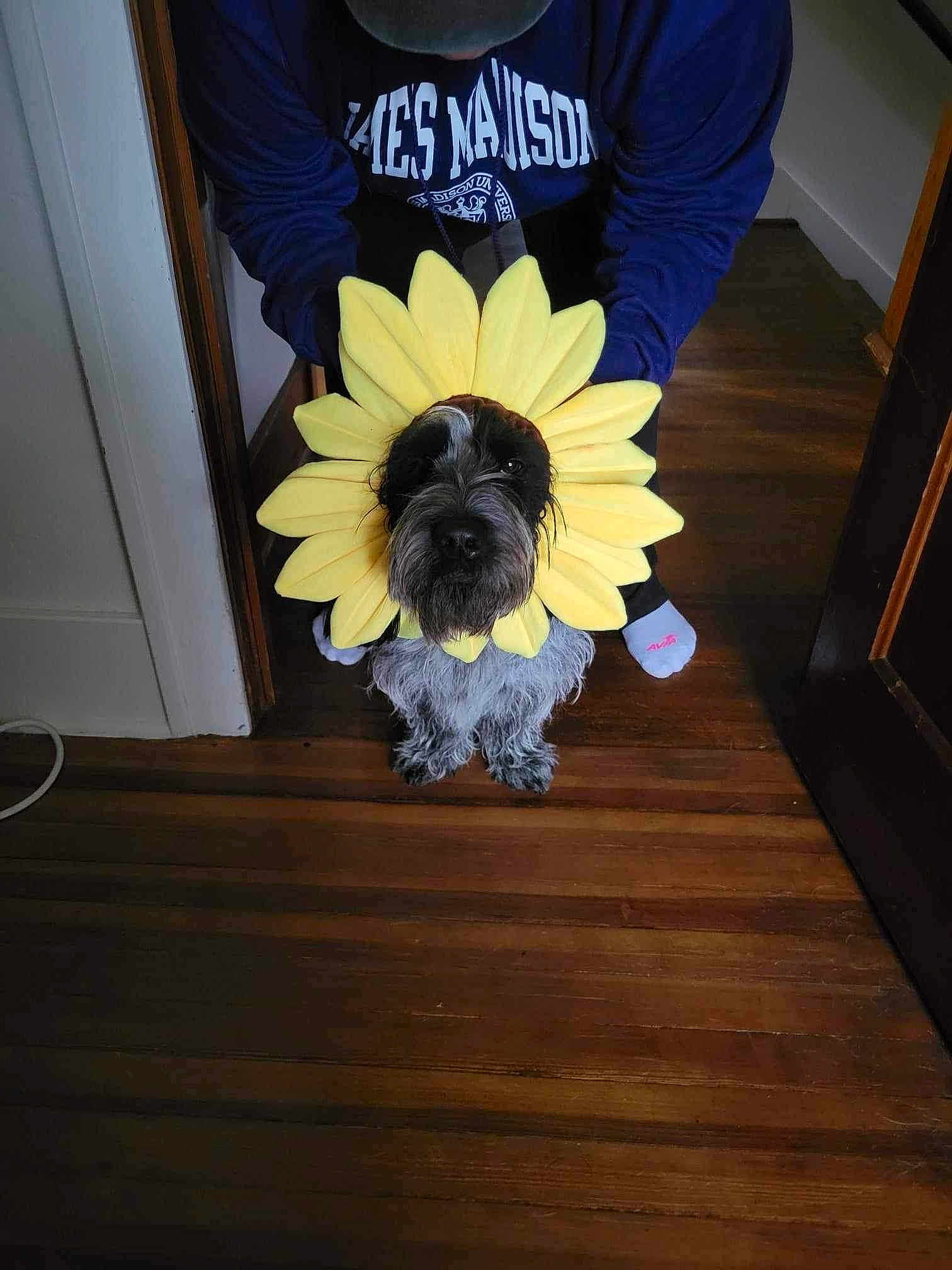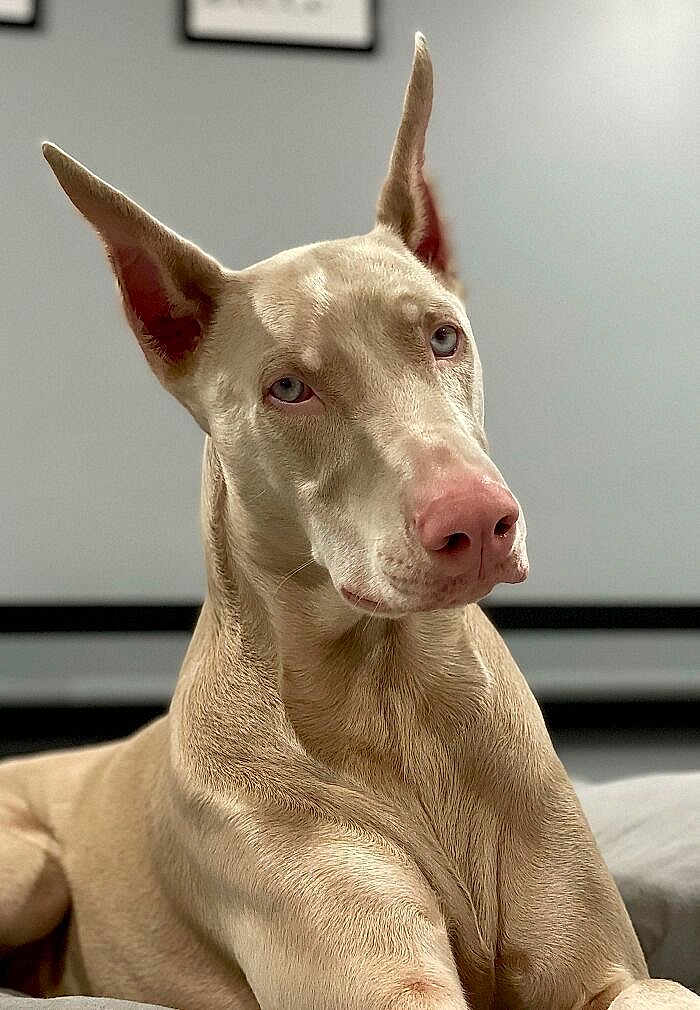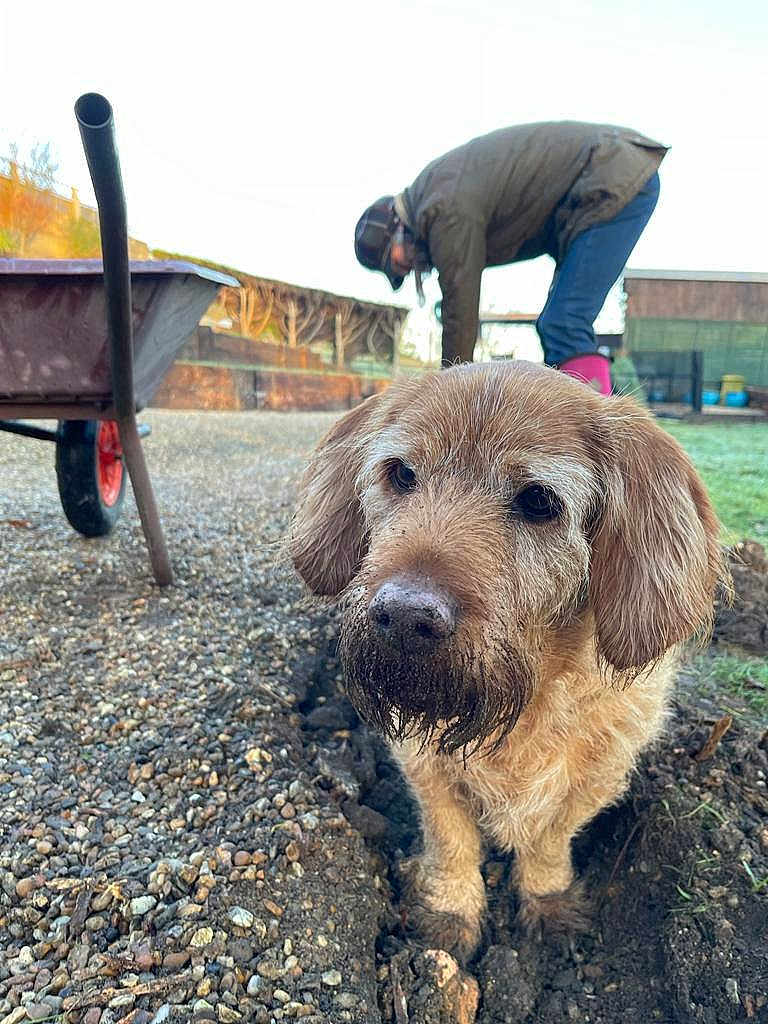
Did you know that the Basset Fauve de Bretagne, a charming and rare breed, was originally developed in France to hunt small game? Their keen sense of smell and determined nature make them excellent at tracking, all while maintaining a friendly and affectionate demeanor that's hard to resist. This delightful breed captures the hearts of dog enthusiasts around the world. Let’s delve into the unique attributes of the Basset Fauve de Bretagne and see why they might be the perfect companion for you.
Personality and Behavior of the Basset Fauve de Bretagne
The Basset Fauve de Bretagne is a breed known for its lively and cheerful disposition. These medium-sized dogs are characterized by their adventurous spirit and enthusiastic nature, always eager to explore new environments and engage in fun activities. They are known for their stubbornness, a trait that's common among many hounds, but it adds to their endearing charm.
These dogs are immensely loyal and form strong bonds with their human families. They thrive on companionship and are known to get along well with children, other dogs, and even household pets if socialized from an early age. Their gentleness combined with their playful energy makes them a favorite among families looking for a loving and active pet.
However, the Basset Fauve de Bretagne is not just a bundle of energy; they are also remarkably intelligent. They possess strong problem-solving skills and enjoy mentally stimulating activities. This intelligence can sometimes lead to independent thinking, making consistent training essential to ensure they remain well-behaved.
Despite their keen hunting instincts, they have a surprisingly balanced temper. They enjoy a good romp in the outdoors but are just as content to snuggle with their family indoors. This adaptability makes them suitable for both city living and country life, as long as they receive adequate exercise and mental stimulation.
"The Basset Fauve de Bretagne is known to be a 'clown' of the canine world, often entertaining their families with playful antics and an infectious zest for life."
Meanings, History and Origins of the Basset Fauve de Bretagne
The Basset Fauve de Bretagne, also known as the Fawn Brittany Basset, has a rich history that traces back to the Brittany region of France in the 16th century. Originally bred from the now-extinct Grand Fauve de Bretagne, these dogs were developed to be adept at hunting in varied terrains, especially suited for tracking rabbits and hares due to their excellent scenting abilities and determined nature.
The name "Basset" means low-set in French, perfectly describing their short-legged stature, which enables them to navigate through underbrush and dense foliage while on the scent of game. "Fauve" refers to their characteristic fawn-colored coat, which comes in various shades of red to golden. The term "de Bretagne" indicates their origin from the Brittany region, a place known for its rich cultural heritage and distinct dog breeds.
Early on, the breed was cherished by French hunters for its tenacity and efficiency. Their smaller size compared to other hunting dogs made them easier to manage during hunts, yet they possessed the endurance and determination of much larger breeds. Over the years, they have maintained their hunting skills while also evolving into cherished family companions.
Despite their French origins, the Basset Fauve de Bretagne’s popularity has spread to other parts of the world, including the United States and the United Kingdom, where they are appreciated for their versatility as both hunting dogs and affectionate pets.
Popularity of the Basset Fauve de Bretagne
The Basset Fauve de Bretagne, while not as widely recognized as some other breeds, enjoys a dedicated following among those who know and love the breed. Their relative rarity adds to their charm, making them a unique choice for dog enthusiasts looking for something outside the usual selection of popular breeds.
In English-speaking countries, the breed’s popularity is slowly but steadily growing. In the United States and the United Kingdom, breed clubs and enthusiasts work tirelessly to promote and preserve the breed. These efforts include participating in dog shows, organizing meet-ups, and engaging in educational initiatives to increase public awareness about the Basset Fauve de Bretagne's delightful traits.
Globally, they have a good standing, particularly in European countries where their hunting skills are still highly valued. Countries like France, Finland, and Sweden have a significant number of Basset Fauve enthusiasts who breed and maintain the breed’s standard. These communities are often active in both field trials and conformation shows, highlighting the breed's dual abilities as both working dogs and show dogs.
While not the most common breed at the dog park, those who do have the pleasure of owning a Basset Fauve de Bretagne often find themselves the center of attention. Their unique appearance and engaging personality traits make them stand out, turning heads and warming hearts wherever they go.
Health and Care of the Basset Fauve de Bretagne
The Basset Fauve de Bretagne is generally a healthy and robust breed, but like all dogs, they can be predisposed to certain health issues. Prospective owners should be aware of these to ensure their furry friend's well-being throughout their life.
Common health concerns for this breed include hip dysplasia, ear infections, and some eye conditions like cataracts. Regular veterinary check-ups are crucial to catch any potential issues early on and to maintain a preventive health care regime. Maintaining a healthy weight through a balanced diet and regular exercise can also help mitigate some of these health risks.
Their diet should consist of high-quality dog food that suits their age, size, and activity level. Portion control is important, as Basset Fauves are prone to weight gain if overfed. Fresh water should be available at all times to keep them hydrated, especially after vigorous activity.
Grooming is relatively straightforward but should not be neglected. Their wiry coat needs regular brushing to prevent matting and to remove dirt and debris. Occasional baths will keep them clean, but their ears demand more frequent attention. Due to their floppy nature, the Basset Fauve de Bretagne's ears can trap moisture and become a breeding ground for infections if not kept dry and clean.
Exercise is another critical aspect of their care. While they are not extremely high-energy dogs, they do require regular physical activity to keep them fit and mentally stimulated. Daily walks and playtime in a secure area are essential, given their strong scenting instinct that may lead them to wander off if a tempting scent catches their attention.
Training and Education of the Basset Fauve de Bretagne
Training a Basset Fauve de Bretagne requires patience, consistency, and a sense of humor. This breed, known for its independent streak, can sometimes be a challenge to train, but their intelligence and eagerness to please eventually win out with the right approach.
Positive reinforcement methods work best for this breed. Rewards-based training, using treats, praise, and play, will motivate them more effectively than harsh corrections. Personalizing the training sessions to include interesting tasks and games can keep them engaged and eager to learn.
Socialization is equally important. Introducing your Basset Fauve to a variety of people, environments, and other animals at a young age will help them become well-rounded adults. This breed tends to be friendly but can develop a reserved nature if not properly socialized.
House training might take some time due to their stubborn nature, but consistency is key. Establishing a routine, providing ample opportunities for outdoor breaks, and rewarding proper behavior will eventually lead to success.
Given their hunting background, training recall is particularly important. They have a strong prey drive and an excellent nose, which can lead them to follow scents without heed to your calls. Hence, reliable recall commands, taught consistently from an early age, will help ensure they remain safe when off-leash.
Popular Breed Variations & Cultural Significance: While there are no significant regional or cultural variations in the breed, the Basset Fauve de Bretagne is sometimes featured in French folklore and hunting stories. Though not yet a prominent figure in movies or TV shows, there's an enduring charm to their presence in tales of outdoor adventures.
When choosing the right dog for your family, consider your lifestyle, activity level, and the time you can commit to training and exercise. The Basset Fauve de Bretagne, with its loving nature and small size, might just be the perfect fit for many households. They offer the perfect blend of loyalty, affection, and a hint of mischief to keep life interesting.
In conclusion, the Basset Fauve de Bretagne is a breed that offers endless joy and companionship. At KingPet, we often see many Basset Fauve de Bretagne in our contests, celebrated for their unique looks and lively personalities. If you're considering adding a new furry member to your family, the Basset Fauve de Bretagne is a delightful choice that brings with it a rich heritage and a heart full of love.







